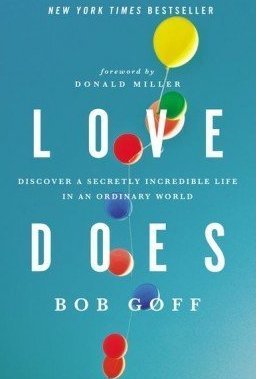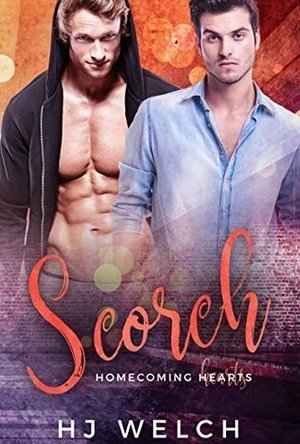
Scorch (Homecoming Hearts #1)
Book
At twenty-three, bad boy Blake is facing what most don't see until decades later: the end of his...
5 stars male/male romance crime/thriller too stinking cute personal reads 2018
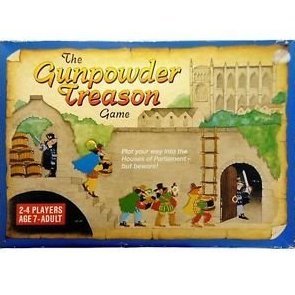
Gunpowder Treason
Tabletop Game
The perfect game to play November 5, Gunpowder Treason is a game based on Guy Fawkes' attempt to...
Boardgames RetroGames
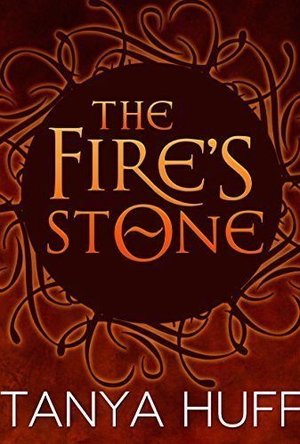
The Fire's Stone
Book
It was a long fall from Clan Heir to common thief, but Aaron never wanted any part of his father’s...
LGBT
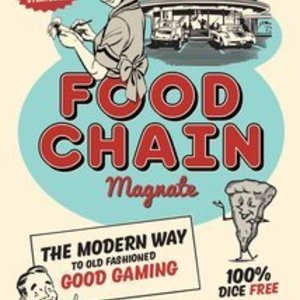
Food Chain Magnate
Tabletop Game
"Lemonade? They want lemonade? What is the world coming to? I want commercials for burgers on all...
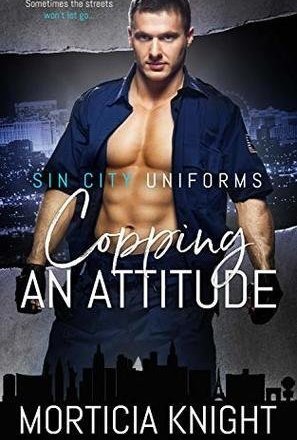
Copping an Attitude (Sin City Uniforms #2)
Book
Book two in the Sin City Uniforms series - a newly expanded and edited version! Survival is all...
Contemporary MM Romance
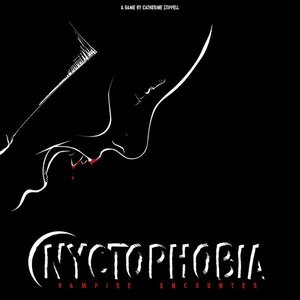
Nyctophobia: Vampire Encounter
Tabletop Game
The night is cold and dark. It's hard to see where you are or where you've been. "A road trip gone...
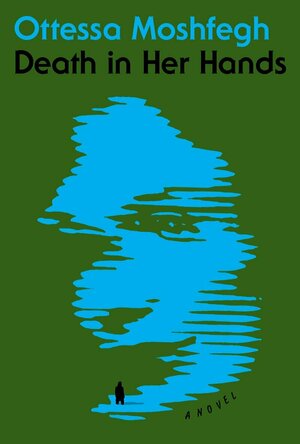
Death in Her Hands
Book
While on her daily walk with her dog in a secluded woods, a woman comes across a note, handwritten...
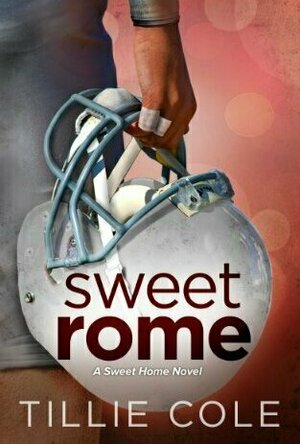
Sweet Rome (Sweet Home, #1.5)
Book
You met Romeo Prince in the Amazon & USA Today bestselling novel, Sweet Home. Now hear the story...
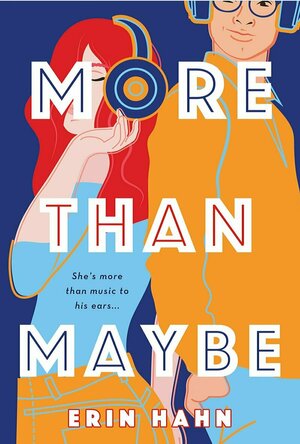
More Than Maybe
Book
Growing up under his punk rocker dad's spotlight, eighteen-year-old Luke Greenly knows fame and...
